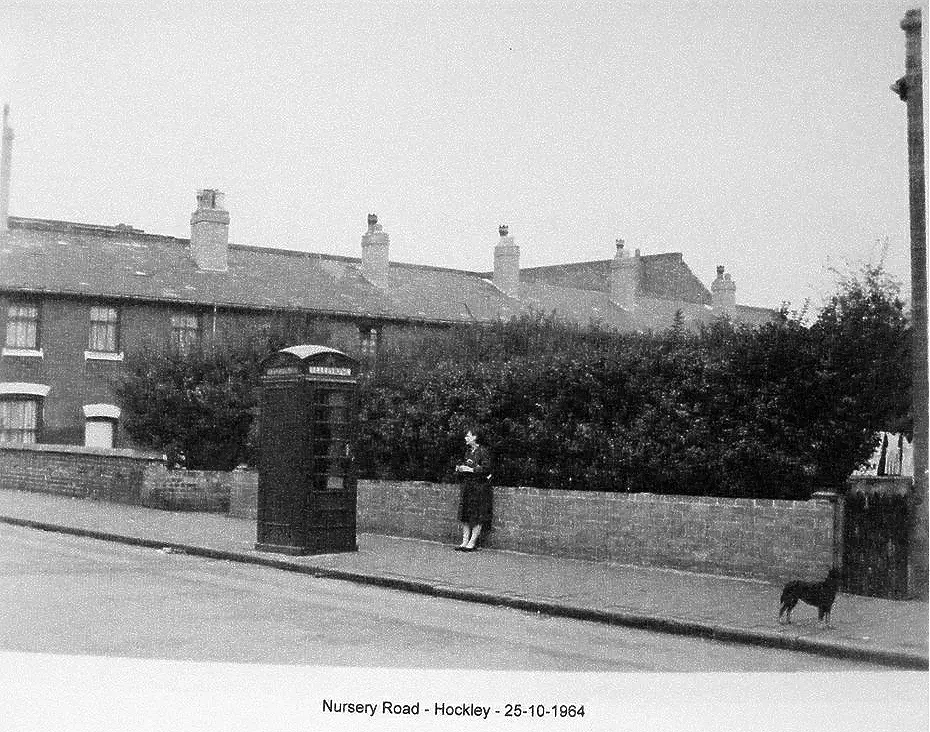norfolk brummie
gone but not forgotten
Smudger:
On my own Facebook website, I list both To Kill A Mocking Bird, and One Flew Over The Cuckoos Nest. I also enjoyed The Shawshank Redemption.
Recently, as a drummer, I decided to watch Whiplash, a story about a drummer striving for recognition, and perfection. The drumming in the film was wonderful, but the storyline was a little over the top. Blood pouring from his hands as he practiced, getting hit by his teacher, and being bullied to become even better. I would not have lasted five minutes if that was the 'norm'. That is exactly what I mean by impact without substance.
There are good films being made, but one has to really search for them.
Eddie
On my own Facebook website, I list both To Kill A Mocking Bird, and One Flew Over The Cuckoos Nest. I also enjoyed The Shawshank Redemption.
Recently, as a drummer, I decided to watch Whiplash, a story about a drummer striving for recognition, and perfection. The drumming in the film was wonderful, but the storyline was a little over the top. Blood pouring from his hands as he practiced, getting hit by his teacher, and being bullied to become even better. I would not have lasted five minutes if that was the 'norm'. That is exactly what I mean by impact without substance.
There are good films being made, but one has to really search for them.
Eddie




